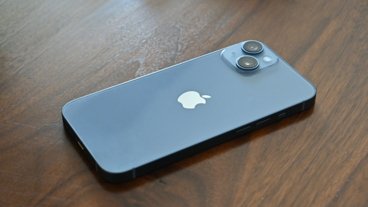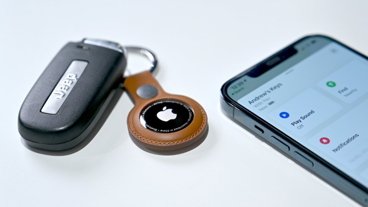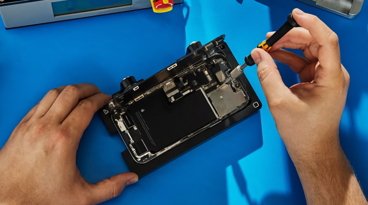Palm Pre beats expectations, drops WiMo to focus on WebOS
Palm announced sales of 823,000 smartphones, including both its new WebOS Pre and existing models of Treo and Centros that use the classic Palm OS and Windows Mobile. Wall Street's expectations had come in at 700,000 to 800,000.
"I think they had a really strong 1Q. Obviously, well above expectations," said Avian Securities analyst Matthew Thornton in a report filed by Yahoo Finance. "But when you back out the first-quarter upside and the full-year guidance that they provide, then there really isn't much upside for the last three quarters. Of course, 2Q is going to be down."
Palm reported a net loss (applicable to common stockholders) of $164.5 million for the quarter ending in August. It plans to raise new capital in the sale of 16 million shares. Elevation Partners plans to buy $35 million at the offering, according to the report.
After the very high profile introduction of the Pre in January, the company almost silently launched the Pixi, a slimmed down new WebOS phone without WiFi, earlier this month. It is expected to sell for $99 exclusively through Sprint later this year. The Pre's launch fireworks fizzled with the introduction of the iPhone 3GS, which erased the hardware advantage Palm expected to maintain, dramatically reshaping inventor's hopes.
In the company's earnings conference call, Palm chairman and chief executive officer Jon Rubinstein, a former Apple executive (and NeXT veteran), seemed to channel Steve Jobs of ten years ago in saying, "We’re making significant progress with Palm’s transformation, and our culture of innovation is stronger than ever. We’re launching more great Palm webOS products with more carriers, and turning our sights toward growth.â€
Rubinstein said Palm would be working to develop a family of WebOS products, establish a "world-class" development platform, build greater awareness of the Palm brand, and work to execute its goals with precision.
Part of that strategy involves dumping any distractions, including both the company's original Palm OS and the Windows Mobile partnership that Palm forged with Microsoft in 2006, a year before Rubinstein arrived. Palm's support for Windows Mobile helped nearly double Microsoft's market share at the time.
The discontinuation of Palm's Windows Mobile devices comes on the heels of Motorola's announcement that it will also drop Windows Mobile to focus on Android, and the news that HTC, the largest Windows Mobile manufacturer, plans to offer half of its smartphones running Android next year.
 Prince McLean
Prince McLean










 Andrew Orr
Andrew Orr
 Malcolm Owen
Malcolm Owen

 William Gallagher
William Gallagher

 Mike Wuerthele
Mike Wuerthele
 Christine McKee
Christine McKee








